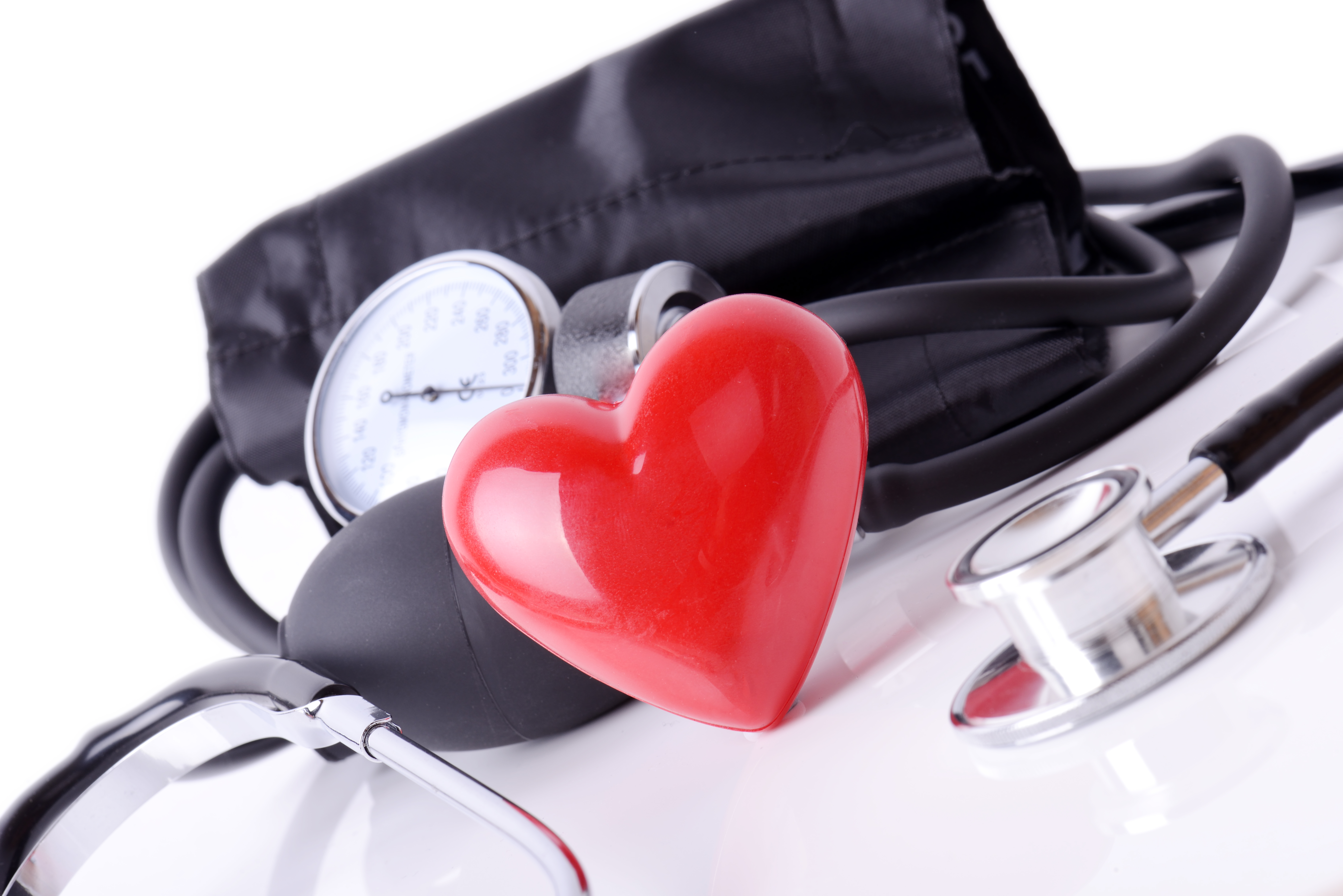Is Your Parent Suffering from High Blood Pressure?
April 27, 2016
Senior Care in Menlo Park CA
Whether you have been caring for your elderly parent for some time or are just getting started on your senior care journey, there are some conditions and issues that you have likely heard a considerable amount about. One of these is hypertension. Also referred to as high blood pressure, this condition is fairly common among aging adults and can be a contributing factor to a variety of health complications and issues. Understanding this condition and being able to recognize the potential signs and symptoms of it can help you to keep them safer and healthier throughout their later years.
Some things that you should know about hypertension include:
considerable amount about. One of these is hypertension. Also referred to as high blood pressure, this condition is fairly common among aging adults and can be a contributing factor to a variety of health complications and issues. Understanding this condition and being able to recognize the potential signs and symptoms of it can help you to keep them safer and healthier throughout their later years.
Some things that you should know about hypertension include:
- Nearly 30 percent of adults throughout the United States suffer from high blood pressure. This accounts for around 70 million adults
- Only just over 50 percent of those with high blood pressure can truly consider their condition under control
- An estimated 20 percent of those with the condition do not yet know that they have it
- Another 30 percent of adults throughout the United States are in a health state referred to as "pre-hypertension". This refers to blood pressure that is higher than ideal but that has not yet reached the level of being truly considered hypertension
- Men and women are approximately equally likely to develop hypertension at some point in their lives, but the risk changes with age. Men are more likely to develop high blood pressure earlier in life, while those who receive a diagnosis of hypertension after the age of 64 are much more likely to be women
- Age
- Blacks are much more likely to develop hypertension than whites, and are more likely to experience the severe potential complications of the condition, including stroke and kidney failure
- Family history
- Being over an ideal weight, especially obese
- Not getting enough physical activity
- Using tobacco products. This applies to both smoking tobacco products and chewing tobacco
- Consuming too much sodium
- Consuming too much alcohol
- Not getting enough vitamin D n their regular diet
- Not getting enough potassium in their regular diet
- Experiencing high levels of stress
- Having chronic conditions such as sleep apnea, kidney disease, or diabetes
If you or an aging loved one are looking for senior care in Menlo Park, CA, please call Familiar Surroundings Home Care. Call today!
Santa Clara County: (408) 979-9990 San Mateo County: (650) 353-9777 Santa Cruz County: (831) 480-3990
Sources: http://www.cdc.gov/bloodpressure/facts.htm http://www.mayoclinic.org/diseases-conditions/high-blood-pressure/basics/definition/con-20019580


